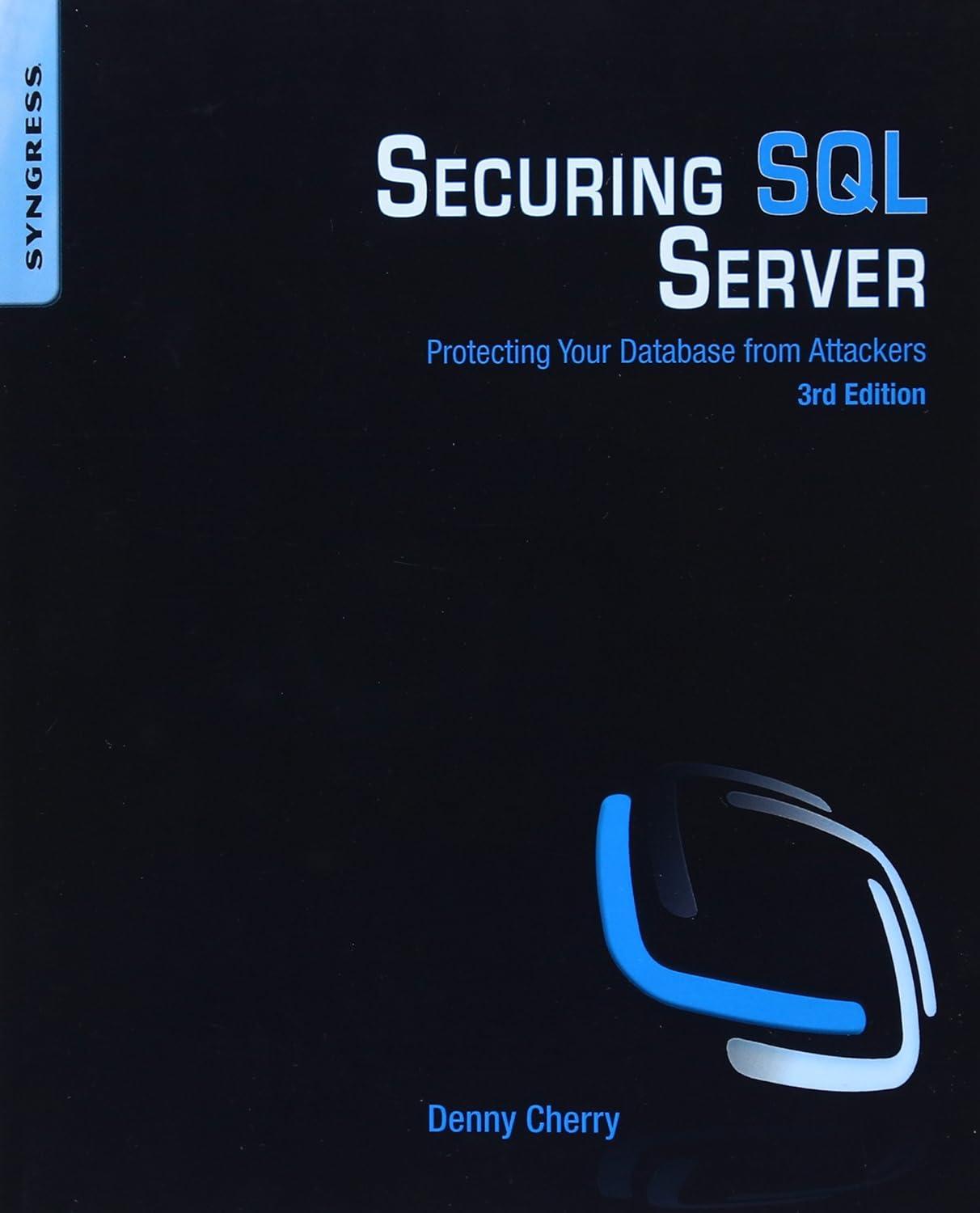Question
The code works without errors, but zeros are assigned to the predictions in the newly written .csv file. How can I get this file to
The code works without errors, but zeros are assigned to the predictions in the newly written .csv file. How can I get this file to print actual predictions? It would be great if you could modify the code. Please don't spam, thank you.

#include
// A struct to represent a rating given by a user to an item struct Rating { int user_id; int item_id; float rating; };
// A struct to represent a predicted rating for an item struct PredictedRating { int id; int user_id; int item_id; float rating; };
// Reads the ratings from a .csv file and returns them as a vector std::vector
std::ifstream file(filename); if (file.is_open()) { std::string line; // Skip the first line (header) std::getline(file, line); while (std::getline(file, line)) { Rating rating; std::sscanf(line.c_str(), "%d,%d,%f", &rating.user_id, &rating.item_id, &rating.rating); ratings.push_back(rating); } file.close(); }
return ratings; }
// Reads the test cases from a .csv file and returns them as a vector std::vector
std::ifstream file(filename); if (file.is_open()) { std::string line; // Skip the first line (header) std::getline(file, line); while (std::getline(file, line)) { PredictedRating test_case; std::sscanf(line.c_str(), "%d,%d,%d,%f", &test_case.id, &test_case.user_id, &test_case.item_id, &test_case.rating); test_cases.push_back(test_case); } file.close(); }
return test_cases; }
// Calculates the root mean squared error between the predicted ratings and the actual ratings
float calculate_rmse(const std::vector
float predict_rating_cosine(int user_id, int item_id, const std::unordered_map
}
// Calculates the dot product of two vectors float dot_product(const std::unordered_map
// Calculates the cosine similarity between two vectors float cosine_similarity(const std::unordered_map
// Predict the rating for a given user and item using cosine similarity float predict_rating_cosine(int user_id, int item_id, const std::unordered_map
// Calculate the cosine similarity between the given user and all other users std::vector<:pair float>> similarities; for (const auto& [other_user, ratings] : other_user_ratings) { float similarity = cosine_similarity(user_ratings, ratings); if (similarity > 0) { similarities.emplace_back(other_user, similarity); } }
// Sort the users by their similarity to the given user std::sort(similarities.begin(), similarities.end(), [](const auto& a, const auto& b) { return a.second > b.second; });
// Use the top k most similar users to predict the rating constexpr int k = 50; if (similarities.size()
int main() { // Read in the training and test data std::vector
// Initialize a map to store the ratings given by each user std::unordered_map
// Initialize a map to store the ratings received by each item std::unordered_map
std::fstream fout;
// opens an existing csv file or creates a new file. fout.open("report.csv", std::ios::out | std::ios::app);
// Predict the ratings for the test set using the mean rating of the user for (auto& predicted_rating : test_set) { predicted_rating.rating = predict_rating_cosine(predicted_rating.user_id, predicted_rating.item_id, user_ratings); fout
// Calculate the root mean squared error float rmse = calculate_rmse(test_set, training_set); std::cout
return 0; }
0,0.000000 1,0.000000 2,0.000000 3,0.000000 4,0.000000 5,0.000000 6,0.000000 7,0.000000 8,0.000000 9,0.000000 10,0.000000 11,0.000000 12,0.000000 13,0.000000 14,0.000000 15,0.000000 16,0.000000 170.000000
Step by Step Solution
There are 3 Steps involved in it
Step: 1

Get Instant Access to Expert-Tailored Solutions
See step-by-step solutions with expert insights and AI powered tools for academic success
Step: 2

Step: 3

Ace Your Homework with AI
Get the answers you need in no time with our AI-driven, step-by-step assistance
Get Started


